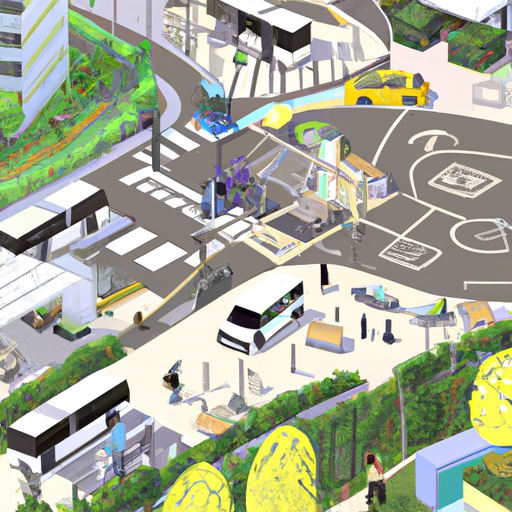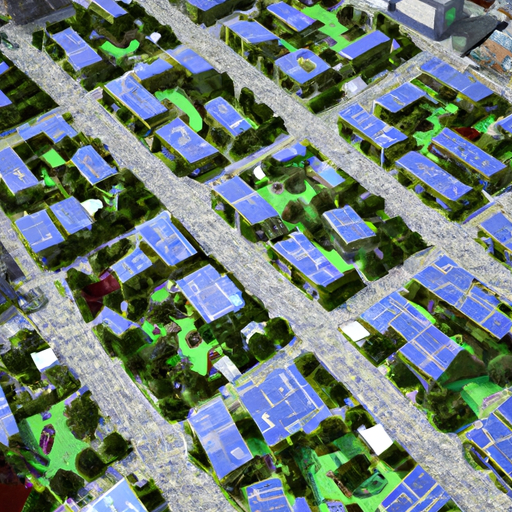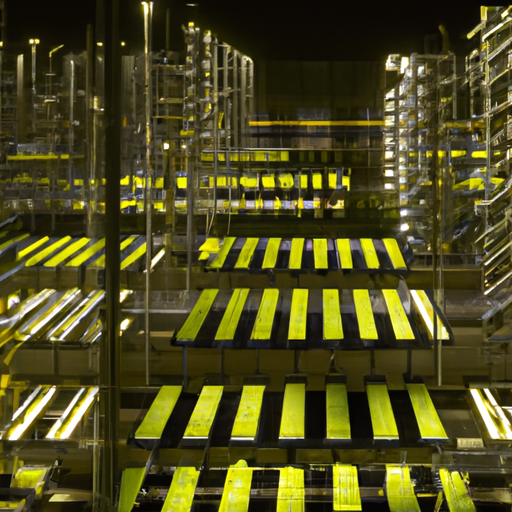Smart cities are revolutionizing urban sustainability through integrated technology and green infrastructure. These innovative metropolitan areas combine IoT sensors, renewable energy, and AI to optimize resource usage and reduce environmental impact. The transformation of traditional cities into smart sustainable hubs represents a crucial step toward a carbon-neutral future.

The concept of smart sustainable cities has emerged as a powerful solution to the growing challenges of urbanization and climate change. As urban populations continue to expand rapidly, cities worldwide are embracing innovative technologies and sustainable practices to create more livable, efficient, and environmentally friendly environments. This transformation represents a fundamental shift in how we design, build, and manage our urban spaces.
At the core of smart sustainable cities lies the integration of cutting-edge technology with green infrastructure. Internet of Things (IoT) sensors form an invisible but crucial network throughout these cities, collecting real-time data on everything from air quality and energy consumption to traffic patterns and waste management. This comprehensive monitoring system enables city planners and administrators to make informed decisions and optimize resource allocation with unprecedented precision.
One of the most significant aspects of smart sustainable cities is their approach to energy management. Advanced smart grids incorporate renewable energy sources, energy storage systems, and intelligent distribution networks to ensure reliable and clean power supply. Buildings are equipped with smart meters and automated systems that adjust heating, cooling, and lighting based on occupancy and environmental conditions, significantly reducing energy waste.
Transportation in these cities is undergoing a radical transformation as well. Electric vehicle infrastructure, autonomous public transit systems, and intelligent traffic management work together to reduce emissions and improve mobility. Bike-sharing programs and pedestrian-friendly zones encourage sustainable transportation alternatives, while real-time transit information helps citizens make environmentally conscious travel choices.
Water management represents another crucial component of smart sustainable cities. Advanced monitoring systems detect leaks instantly, while smart irrigation systems in parks and public spaces use weather data to optimize water usage. Rainwater harvesting and greywater recycling systems are integrated into building designs, significantly reducing the strain on municipal water supplies.
Waste management in smart cities leverages technology to maximize recycling and minimize landfill usage. Smart bins equipped with sensors monitor fill levels and optimize collection routes, while automated sorting systems improve recycling efficiency. Some cities have implemented underground vacuum waste collection systems, reducing the need for garbage trucks and their associated emissions.
Green spaces play a vital role in these urban environments, with vertical gardens and rooftop farms becoming increasingly common. These features not only provide local food production but also help regulate urban temperatures, improve air quality, and enhance biodiversity. Smart monitoring systems ensure optimal maintenance of these green spaces while minimizing resource usage.
The social aspect of smart sustainable cities cannot be overlooked. Community engagement platforms and mobile applications enable citizens to participate actively in sustainability initiatives. Real-time feedback systems allow residents to report environmental issues, while gamification elements encourage sustainable behaviors through rewards and recognition.
Data security and privacy considerations are carefully balanced with the benefits of smart city technologies. Robust cybersecurity measures protect sensitive information while ensuring transparent access to public data that can drive innovation and improvement in city services.
The economic benefits of smart sustainable cities are significant. Energy efficiency measures and optimized resource management lead to substantial cost savings, while the creation of green jobs and the attraction of sustainable businesses contribute to economic growth. Property values often increase in areas with strong sustainability features, creating positive feedback loops for further investment in green infrastructure.
The implementation of smart sustainable city initiatives requires careful planning and coordination among various stakeholders. Public-private partnerships often play a crucial role in funding and executing these projects, while educational institutions contribute research and innovation support. The success of these initiatives depends heavily on the alignment of technology, policy, and community engagement.
As we look to the future, the evolution of smart sustainable cities continues to accelerate. Emerging technologies such as artificial intelligence and blockchain are opening new possibilities for urban sustainability. These innovations promise to make cities even more efficient, resilient, and environmentally friendly, setting new standards for urban development worldwide.



